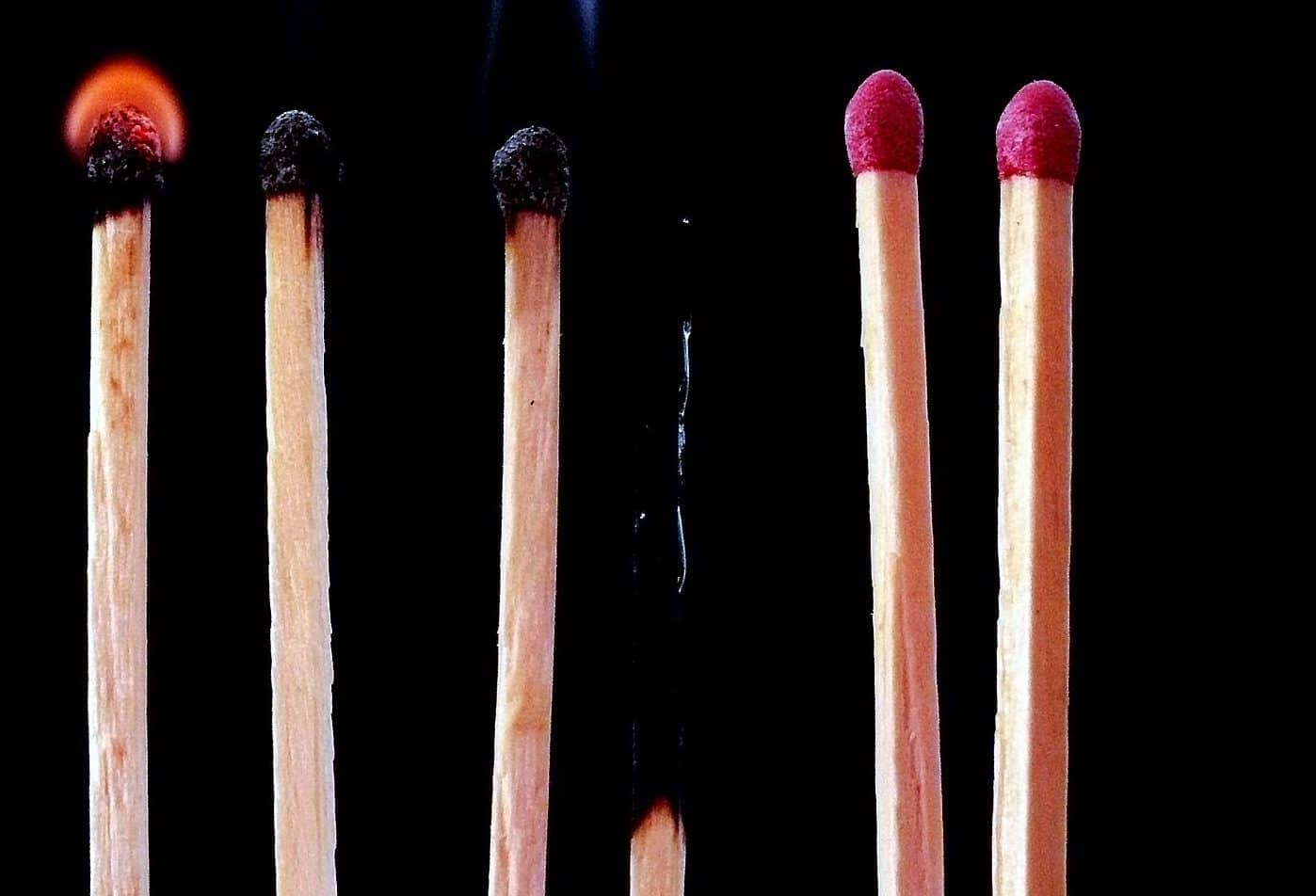For the first time, the World Health Organisation has officially added burnout to its International Classification of Diseases (ICD) – it will be globally recognised as a disease from 2022.
Burnout Coach, Rosie Millen (www.missnutritionist.com), specialises in burnout and helping others transform their energy by making changes to their diet, lifestyle and mindset.
Rosie has been living with Burnout since 2014 when she collapsed one day in the park.
Rosie stayed in bed for 3 months, she couldn’t move, couldn’t talk and at her worst, she couldn’t lift her head off the pillow. This was rock bottom for Rosie – “I thought I was never going to be me again.”
Rosie managed to get herself to the doctors one day but all of the tests came back as “normal” and she was diagnosed as depressed and given antidepressants – “I burst into tears because I wasn’t depressed at all, I was just completely exhausted.”
Rosie continued to rest and sleep but she wasn’t improving. From her educational background, she knew about the adrenal glands and how stress can affect energy, so Rosie began testing herself and filling out a number of symptom questionnaires – “it became pretty clear I had burnout.”
Rosie’s life finally did a 180 after changing her diet, lifestyle, mindset and exercise regime.
Today Rosie is about 90% recovered. “My energy is back and I’m living my life with a new and improved perspective.”
According to Rosie, these are some of the key signs to look out for…
- “You find small tasks challenging”
- “You wake up even after a good night’s sleep and still feel tired”
- “Social interactions feel like a chore”
- “You’ve lost your drive and motivation”
- “You snap at the tiniest thing”
Here are Rosie’s top tips to avoid burning out…
“Increase your calories! Most people I see are not eating enough and they are over-exercising.
Ladies you need to be ingesting 2000 calories per day. Please remember that food is energy!”
“SLEEP! Sleep is probably the most important thing. You need to be getting at least 8 hours a night to function properly.
The hours of sleep you get between 10 pm and midnight and 7 am and 9 am are the most refreshing.
If you miss out on sleep and start to make it less of a priority it is a stress on the adrenals glands and will eventually catch you out.
“Productive rest. This is something I encourage my clients to do every day: For 10 mins in the morning or in the evening take yourself away and lie down to do some deep breathing and switch off your mind.
Our minds are constantly busy and naturally tend to overthink. By taking 10 each day and just breathing out slowly it actually lowers the stress hormone cortisol.”
“Meditation. Honestly, if you haven’t started doing this yet I really encourage you! The best thing mediation does is to reduce anxiety.
So if you are in a state of overwhelm then you need to start doing it now! It really helps to centre you and focus your mind to a more relaxed, positive state. Download the apps Headspace and Calm to get you started.”
“Supplement. Stress is a major robber of vitamins and minerals – particularly B vitamins so taking a high-quality B complex will mean that your cells have this cofactor to produce ATP (Adenosine Triphosphate) in the body. This is your body’s energy molecule.”
How Rosie got her spark back…
“When people ask me what was the ONE thing that helped me get back on my feet, I always say it wasn’t just one thing, it was a combination of changing my diet, lifestyle and mindset.
However, if I were to list the 5 things that I did which made me get my spark back…”
- “Identifying my stressors and eliminating them”
- “Saying no and slowing down”
- “Eating more food and taking targeting nutrients”
- “Taking breaks from social media”
- “Relying on my support network more”
